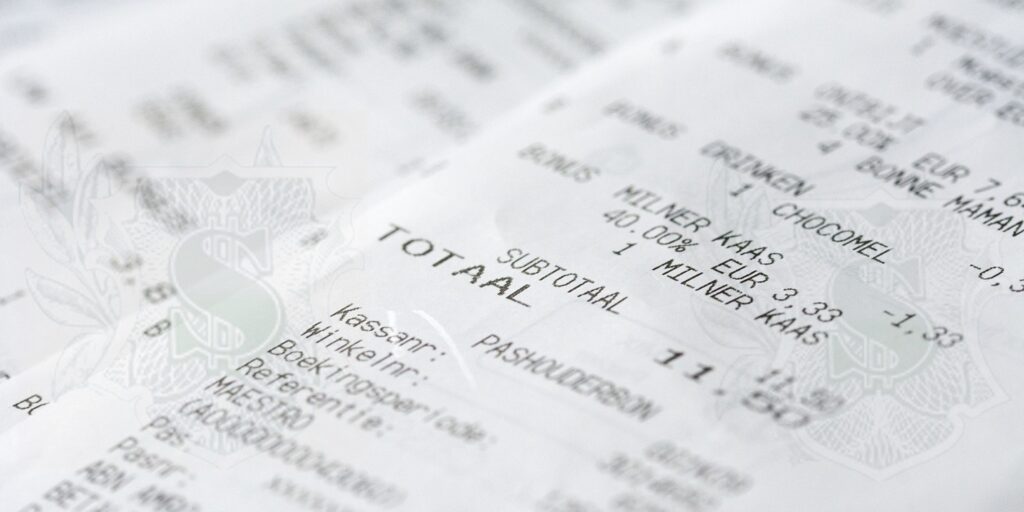Have You Been Overcharged? Were Discounts Applied?
It’s perfectly understandable that stores may run into technical issues which leads to being charged more than the marked or advertised price of goods. The video above discusses a survey done in New Zealand which found that Kiwis had been charged too much on products after a NZ grocery store failed to apply an advertised discount.
The most startling thing in that (unrelated) study was that nearly half of consumers have seen errors on receipts.
“45 percent had noticed an error on their receipt that meant they’d been overcharged”
Consumer NZ
The question that must be asked next: What percentage of consumers even once looked at their receipt before stuffing it in a wallet, purse or tossing it in the trash? Do you review your receipts at all after making a purchase? What makes you check for accuracy? The size of a discount? Your loyalty to the retail brand?
It’s our nature to be trusting and to expect coupons and discounts to be properly applied to reduce our total by the advertised percentage. If we are trusting, it may be against our nature to review the receipt in the store – so many of us load the purchase in the car and sit down to review the receipts there. Some wait until they arrive home before checking for accuracy.
Charged Too Much – Do You Seek A Refund?
What if you spot a mistake? Do you retrieve the item in question and return to the clerk at that checkout? Some consumers interviewed in the video above say the amount of the overcharge they would challenge varies. Some would return to the store to request a refund if they overpaid by even one penny, but one man would not go back for less than $20. (Which might encourage retailers to continue overcharging.)
There is no doubt that our trust in pricing for that store is diminished after being overcharged and it would be understandable if checking the receipt became more frequent because of the error, even if we don’t immediately return for a refund.
When confronted with the excess charge, what is the response of the retailer? Most clerks or their store managers will respond with “The customer is always right” and immediately refund any overpayment. Some companies may have corporate policies requiring a store credit as refund or promise to credit your card if you didn’t pay with cash.
Does the Retailer Provide a Receipt for the Refund?
Once the refund is approved, most shoppers would expect a refund receipt which keeps a audit trail, both for the business and the customer. Now that you got the refund, are you inclined to keep both the original receipt and the refund slip? What amount of initial cost and amount of refund would make it worth keeping that paperwork or filing away the credit card transaction details?
Now that we’ve established that errors are often made and asked whether consumers will demand accuracy and request corrections – what should be done to ensure these types of mistakes are not made in the future? Some (US) states have laws on the books requiring significant fines for retailers that fail to charge correct advertised prices. Most require that advertised prices are honored, even if that price was promoted in error.
The solution is that we keep receipts, verify receipts, demand refunds and insist on accuracy from retailers.

